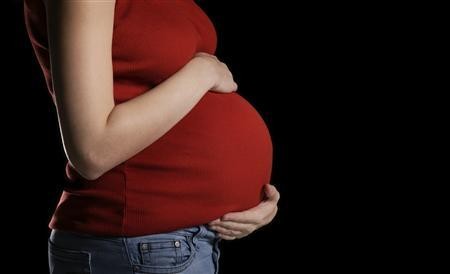
A 65-year-old mother of 13 children is pregnant again, with quadruplets, reported Germany's RTL broadcaster on Sunday.
The woman, Annegret Raunigk, is a resident of Berlin, Germany, and works as an elementary school teacher of Russian and English languages. The pregnancy is a result of several attempts at artificial insemination for more than a year. The conception has been made possible with the help of donated sperm as well as eggs.
Raunigk, who is all set to become the oldest woman to ever give birth to quadruplets, said that the decision to be pregnant again was made after her youngest daughter expressed a desire to have a little brother or sister. At the moment, Raugnik's youngest child is nine while her oldest is 44. She also has seven grandchildren.
An interview with Raunigk is scheduled to be broadcast by the TV channel on Monday evening.
While the pregnancy was planned, the news that she was due with four children reportedly came as a shock to the mother-to-be.
"After the doctor discovered there were four, I had to give it some thought to begin with," newspaper Bild quoted Raunigk as saying.
Raugnik was in news 10 years ago when she gave birth to her youngest daughter at age 55. The pregnancy was conceived naturally without any fertility treatments unlike her latest one.
"So what if I'm 65?" Raunigk told RTL. "Why must one always hew to the obvious clichés? I find that quite exhausting."
While Raugnik's family excitedly awaits the addition of four new members, taking their total to 17 siblings, Dr. Holger Stepan, head of obstetrics at the University Hospital of Leipzig, called the pregnancy "an absolute disaster", according to a report in NBC News.
Stepan, reportedly told Berliner Morgenpost that by conceiving at this age, Raunigk was putting not only herself, but also her four fetuses at risk. He said that pregnancy at such a later stage of life puts a woman to increased risk of high blood pressure, diabetes and other "life-threatening conditions".
He also said that it is almost certain the babies are going to be born premature and would be at risk of cerebral hemorrhages, infections and lung damage.
However, fortunately Raugnik's pregnancy so far is continuing without much complications and the delivery is expected to be in summer. A strong and confident Raugnik is fearless and told RTL: "I have enough experience with this. To me, this is nothing new."














